The Ceausescu Regime and the Uprising Against It
Romania was the only communist country where blood was spilled in the 1989 regime change.

Steliu Lambru, 15.12.2014, 13:38
Of all the communist countries in Europe to undergo regime change in 1989, Romania was the only one where blood was spilled in the process. Commentators say Nicolae Ceausescu’s regime was the most likely to use violence against its own people if need be, as shown by the brutal repression of the workers’ demonstrations in Brasov in November 1987. Unfortunately, the situation was even worse in December 1989. We asked historian Ioan Scurtu, a former director of the Institute of the Romanian Revolution, if the bloodshed of December 1989 could have been avoided considering the nature of Ceausescu’s regime:
Ioan Scurtu: “In theory, it could. However, if we look at what distinguished Ceausescu from the leaders of Europe’s other socialist countries, we realise he was in fact the only one who rejected Gorbachev’s ideas about Glasnost and Perestroika because he believed they undermined socialism and eventually lead to its downfall. As a result, after 1987, Ceausescu became one of the most rigid political leaders in central and south-eastern Europe, clinging to the ideals of Marx, Engels and Lenin and refusing to accept that societies had evolved and that new times called for new ways of consolidating socialism and communism.”
In the opinion of historian Ioan Scurtu, the obsession with Romania’s complete independence was another characteristic of the Ceausescu regime:
Ioan Scurtu: “Ceausescu was the only leader who insisted that his country was to pay back all its foreign debt, saying this was the only means by which it could achieve its economic as well as political independence. This led to massive exports of goods, from industrial to food products, which caused a severe food crisis. The food for the population thus started to be rationed, for the first time in a long while.”
A prisoner of Marxist clichés about the economy, Nicolae Ceausescu initiated disastrous policies, the burden of which was too heavy for the people:
Ioan Scurtu: “A third characteristic feature of the Ceausescu regime was the strong development of the petrochemical industry which was a huge energy consumer. Ceausescu thus decided to save energy at the expense of the people, by cutting their heating and electricity, with serious consequences. This generated a general state of discontent, especially after April 1989 when Romania announced it had paid back its entire foreign debt. Having achieved this, Ceausescu wanted Romania to become a lender itself and benefit from the interest on the loans given to other states. In a nutshell, Romania was in a far more vulnerable position than all the other socialist countries, so people were extremely unhappy. This is what prompted millions of people to take to the streets in December 1989 and demand that Ceausescu be removed from power.”
We asked historian Ioan Scurtu why there was no reformist voice within the Romanian Communist Party to call for Ceausescu’s removal and ensure a peaceful regime change:
Ioan Scurtu: “Ceausescu was a shrewd man and in a short period of time, in only 6 or 7 years, he managed to rid himself of any potential rivals to the leadership of the party and the country. He promoted instead people who were entirely devoted to him and who didn’t have any backbone. In his memoirs, Dumitru Popescu, who used to be a member of the Executive Political Committee of the Communist Party’s Central Committee, recalled that Nicolae Ceausescu was always the only one speaking during the committee’s meeting, while everybody else sat and listened. He remembered getting terrible headaches during those meetings and having to walk all the way home in a luxury Bucharest district to calm down afterwards. In my opinion, this man never realised that his position also implied some responsibility, so if Ceausescu was doing all the talking while everybody else listened, this is also because the others accepted a situation that I think is humiliating. The most shocking moment was when Ceausescu, outraged that no drastic measures were being taken against protesters in Timisoara in December 1989, said he could no longer work with the Executive Political Committee and told its members to choose another leader. Everybody then just asked him not to leave the committee and assured him of their loyalty. So not even in the 24th hour did anybody have the courage to oppose him and say: ‘ok, we’ll take note of your resignation and tell the people Nicolae Ceausescu has stepped down.’ Perhaps things would have been different and all the bloodshed could have been avoided. The opportunism of these people played a very important role in the dramatic events that followed.”
Nicolae Ceausescu’s regime did fall in the end, but for this to happen, 1,204 Romanians had to die.





























